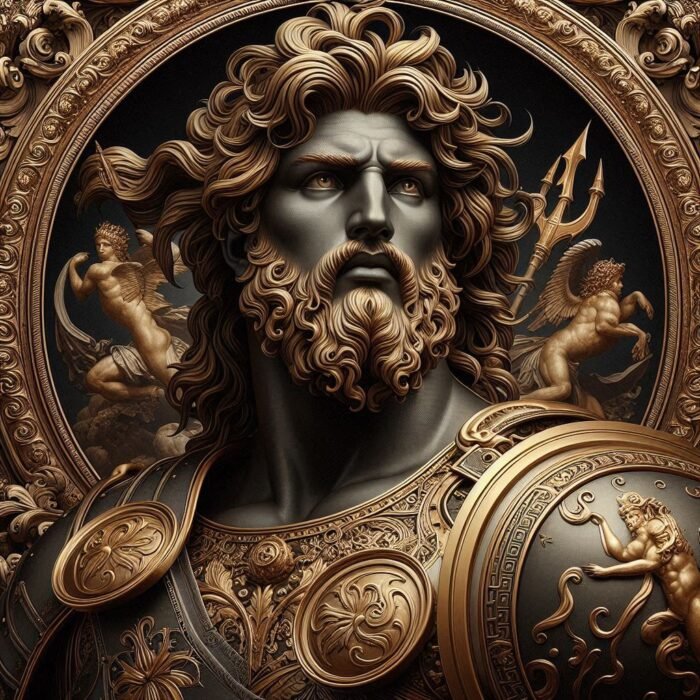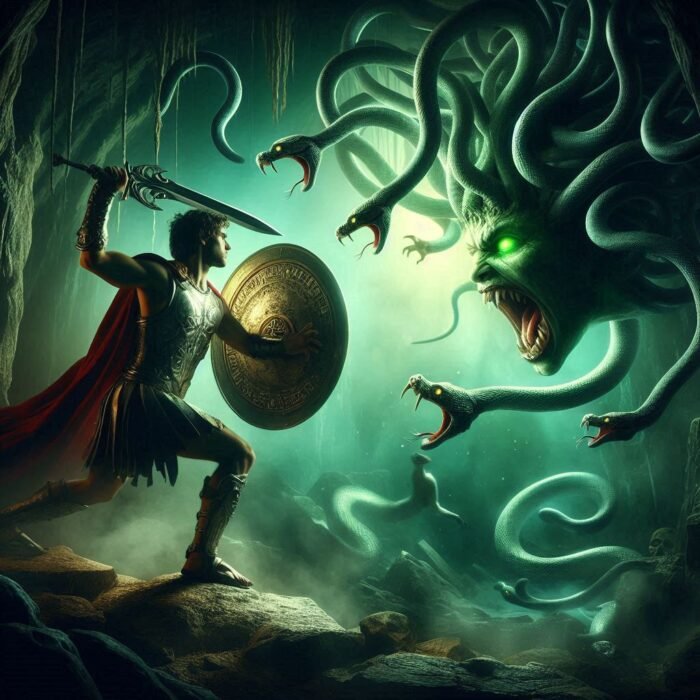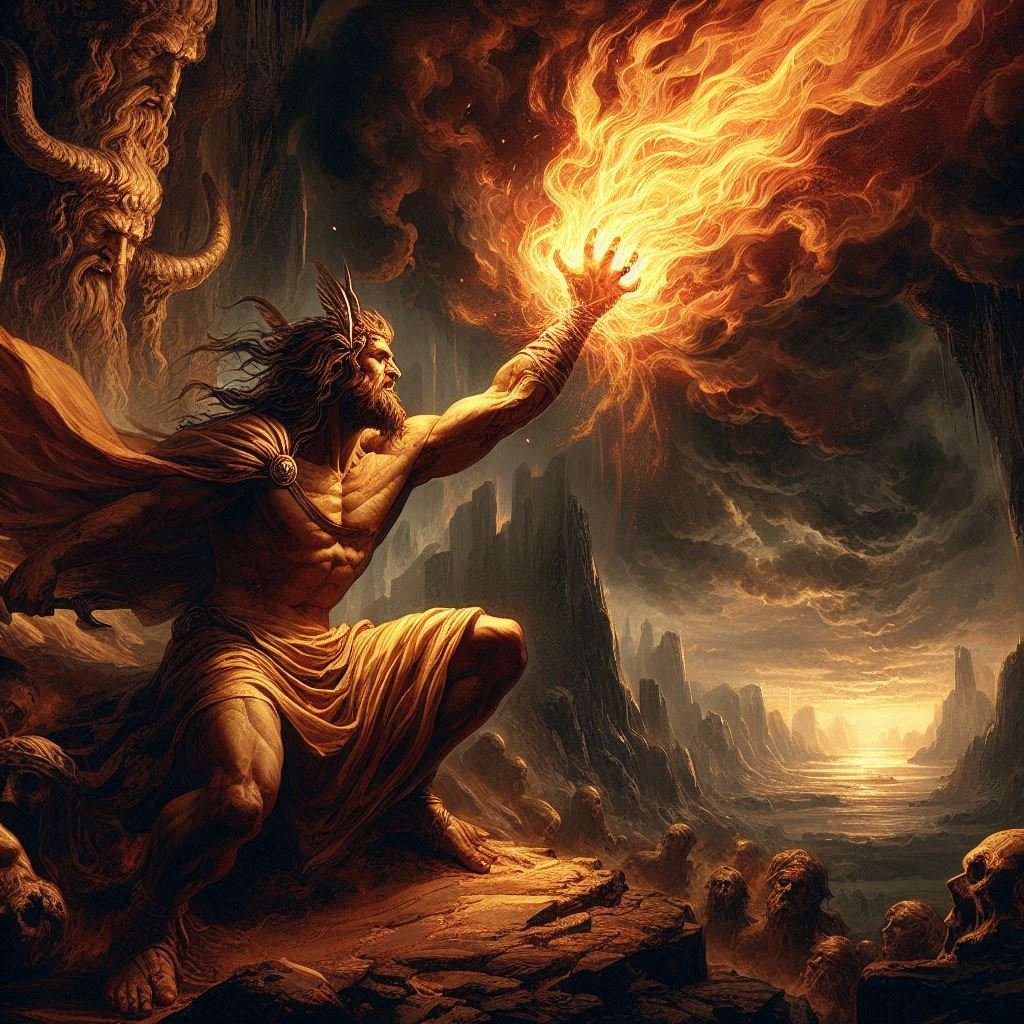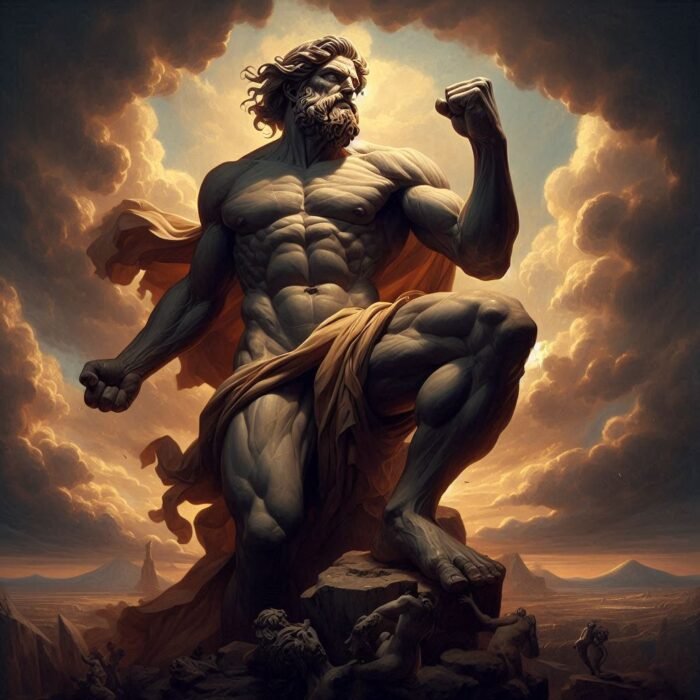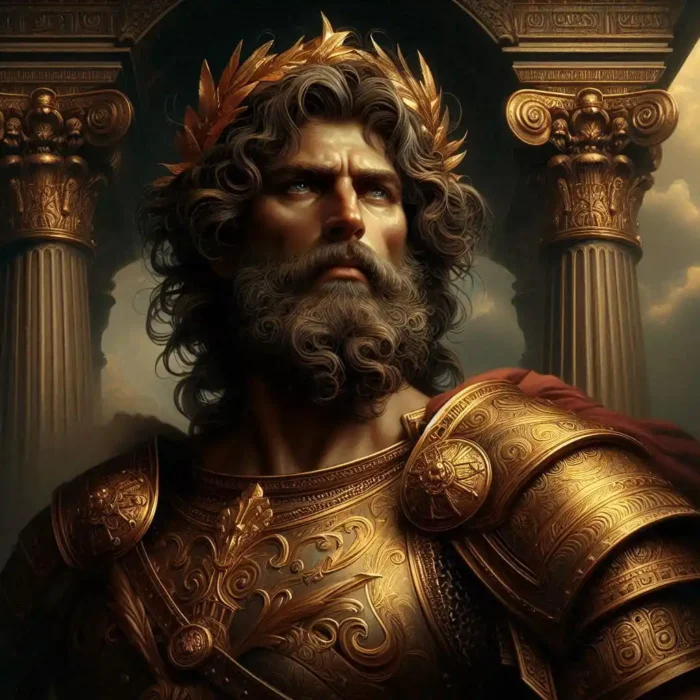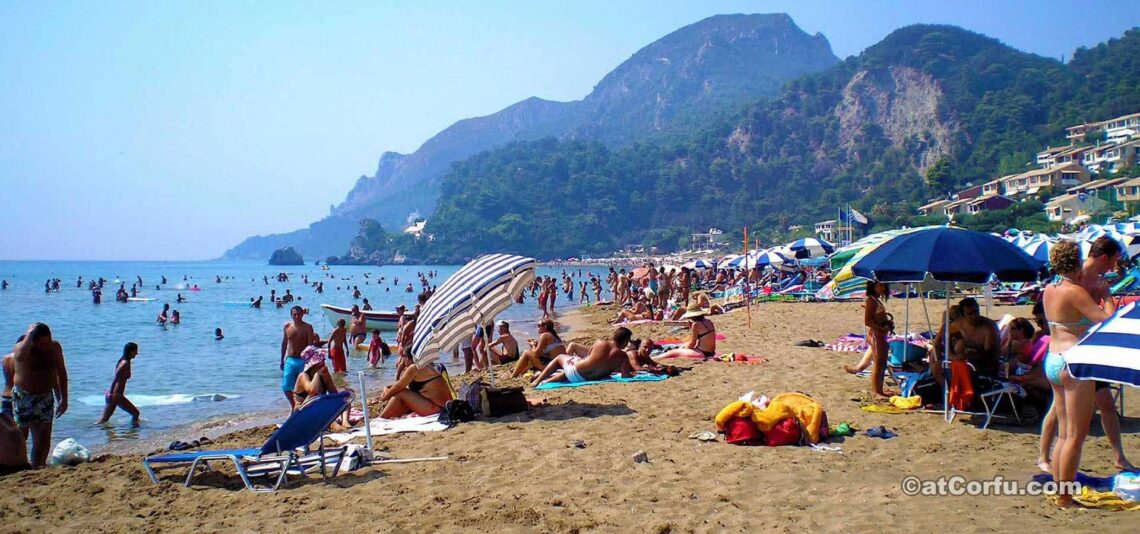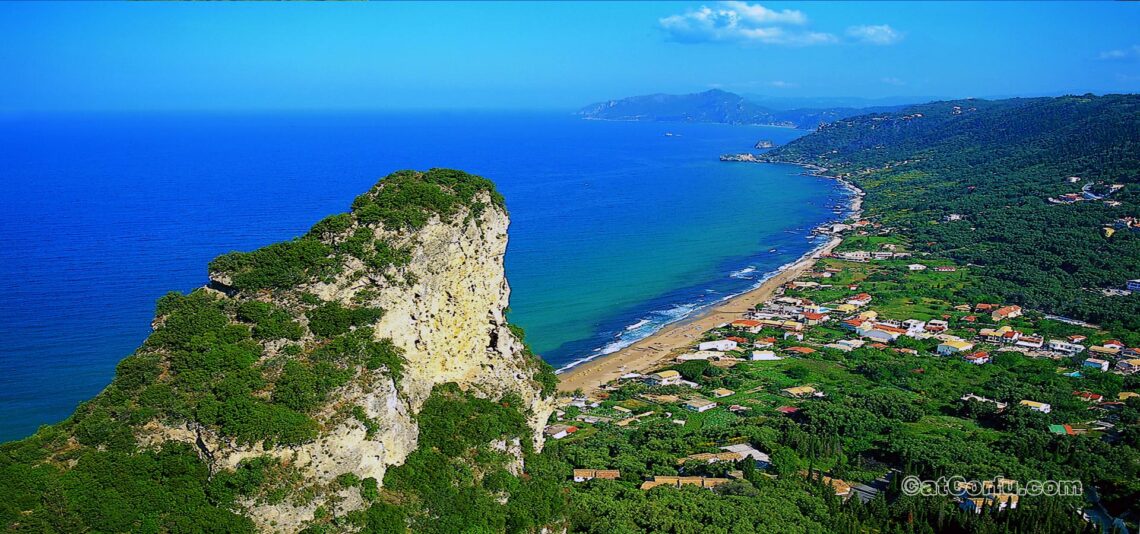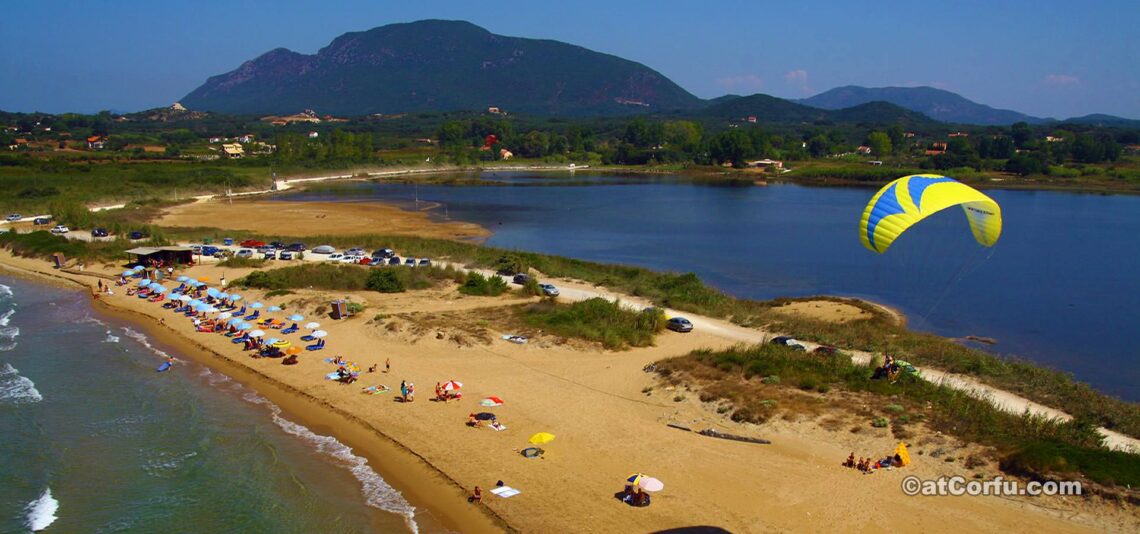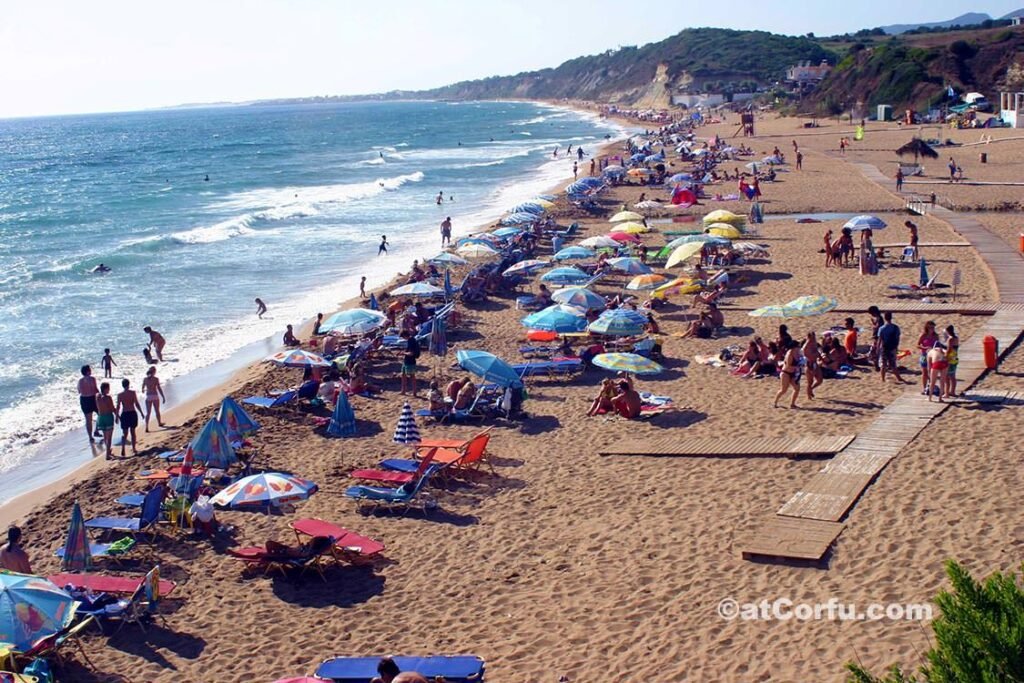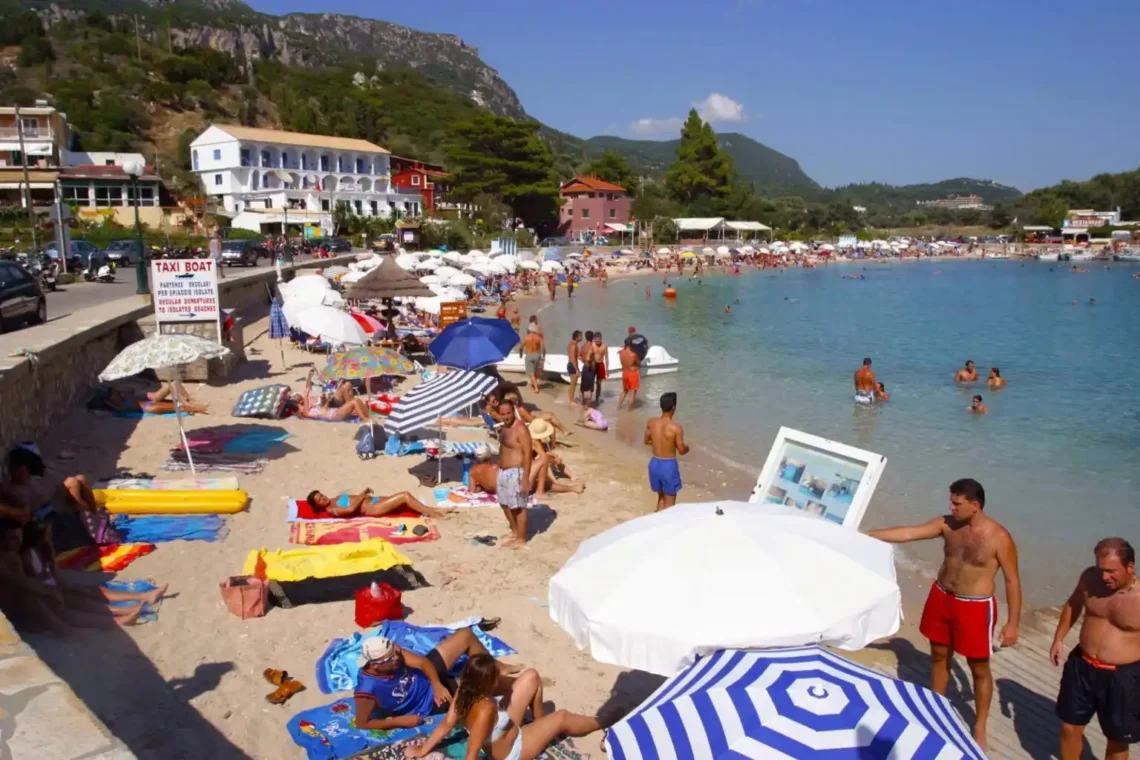Pandora is one of the most famous figures in Greek mythology, often remembered for opening the infamous container that released evils into the world. Yet her story is far richer, layered with creation myths, divine gifts, symbolic meanings, and variant versions across sources.
Creation of Pandora
Pandora is said to have been the first woman on earth, created by the gods at Zeus’s command as part of a plan to punish humanity. According to Hesiod’s Works and Days, Prometheus had stolen fire from the gods to give to humans, angering Zeus.
In retaliation, Zeus decided to create a being who would bring suffering to mankind.
- Hephaestus, the god of craftsmanship, molded her from clay, earth, and water, giving her form and life.
- Athena clothed her and taught her domestic arts, weaving, and spinning.
- Aphrodite gave her beauty and charm.
- Hermes endowed her with cunning and persuasion, making her irresistible yet dangerous.
- Other gods contributed gifts as well, sometimes including curiosity, deceit, or trickery.
- Her name, Pandora, means “all-gifted” or “all-giving,” from the Greek words “Pan” (all) and Doron (Gift), reflecting the multitude of divine gifts she received.
Some versions suggest that Prometheus foresaw her as a danger and warned his brother Epimetheus not to accept any gifts from the gods. Still, Epimetheus, impulsive and trusting, ignored the warning.
The Jar (Box) of Evils


Pandora is most famous for the container she carried, often called a “jar” in Hesiod (pithos) and later translated as a “box.” The myth says:
Pandora was given the jar and told not to open it.
Curiosity, sometimes portrayed as her defining trait, led her to open it.
Out poured all the evils, misfortunes, and hardships—disease, toil, envy, suffering—that now afflict humanity.
Only Hope (Elpis) remained inside, either trapped or willingly staying, depending on the version.
Some interpretations suggest she deliberately released the evils, while others emphasize her naïveté. The story has been retold in various versions: in some, the jar is a wedding gift from the gods; in others, it’s a trap.
The word “box” comes from Erasmus, a Dutch scholar who mistranslated the Greek word pithos (or pithari), which actually means jar.
Pandora and Prometheus
Prometheus is central to her story. His theft of fire is the reason Zeus created her.
Some myths depict a tension between Prometheus’ foresight and Pandora’s role as a divine instrument of Zeus’ punishment.
In some versions, Pandora interacts with other early humans, representing both the danger and the transformative potential of divine intervention.
Symbolism and Interpretations
Pandora embodies the dual nature of gifts from the gods: alluring but dangerous.
She is often associated with curiosity, temptation, and the origins of human suffering.
Scholars interpret her as a myth explaining why humans experience misfortune while still retaining hope.
Some see her as a reflection of Greek attitudes toward women, embodying both beauty and peril.
Others emphasize her role as a cultural archetype, echoing the motif of a first woman bringing both progress and trouble (parallels exist in other mythologies, e.g., Eve in Genesis).
Later References and Variants
Hesiod (Theogony and Works and Days) is the primary ancient source.
Other poets, playwrights, and historians expand or reinterpret her story.
Some classical authors mention her in passing, associating her with human labor and suffering.
Roman sources sometimes conflate her with other figures of feminine cunning or divine punishment.
Cultural Echoes


Pandora’s jar has inspired countless works of art, literature, and philosophy.
She is depicted in vase paintings, sculptures, and mosaics from antiquity.
Later European interpretations often emphasize the “box” version, transforming the myth into a moral lesson about curiosity.
In some modern retellings, Pandora is less a bringer of doom than a tragic figure, caught between divine mandate and human consequence.
Trivia and Minor Details
In some accounts, her husband is Epimetheus, brother of Prometheus, the one who accepted her gifts.
Some myths link her to the origins of marriage and domestic roles.
Hesiod describes her as endowed with multiple traits: deceptive, charming, beautiful, and intelligent.
Scholars debate whether her name refers more to the “all-gifts” from gods or “all-giving” to humans in terms of misfortune.
The story of Pandora is sometimes combined with the tale of Prometheus’ theft of fire and other early Greek cosmogony myths to explain the balance of chaos and order in the world.
Summary
Pandora is not just a cautionary tale about opening a box. She is a complex figure born from divine politics, a symbol of human suffering, curiosity, and hope.
Her myth connects to Prometheus, Zeus, and the origins of mortality and misfortune in Greek thought.
She is both a literal character and a symbolic archetype, her story retold and expanded over centuries, reflecting humanity’s attempts to understand the origin of evil, the role of women, and the eternal presence of hope.





